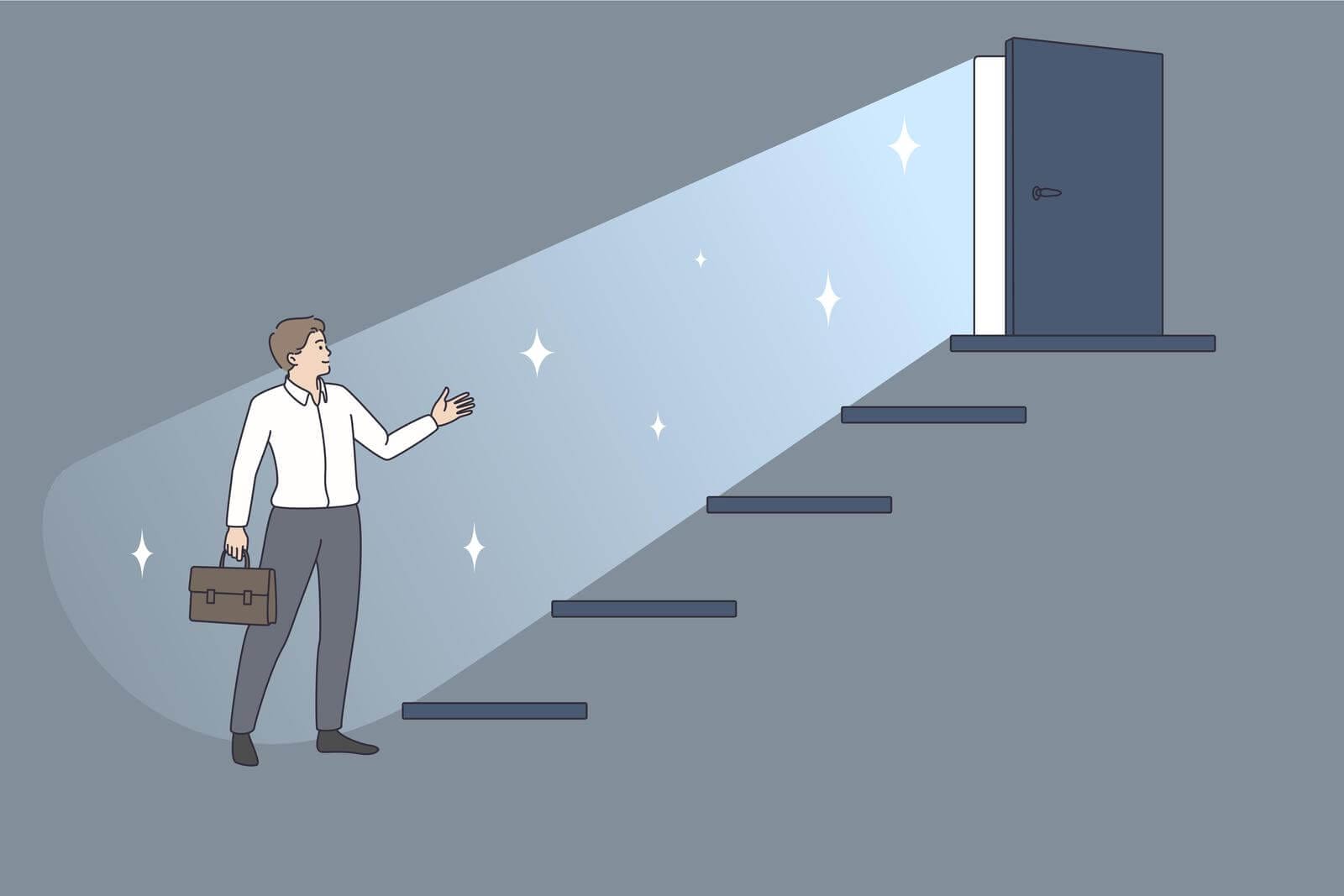Coaching, Coach Training and Everything In Between Blog

Maximizing Your Coaching Effectiveness: Practical Ways to Apply ICF Competencies
Explore how integrating ICF competencies into your coaching practice can unlock your full potential, enhancing your effectiveness and impact as a coach.

Demystifying the ICF Certification Process: A Competency-Based Approach
Unravel the intricacies of the ICF competency-based certification process, essential for coaches aspiring to excellence and credibility in the coaching profession.

Boost Your Coaching Skills: Strategies to Elevate ICF Competencies
Unlock the potential of ICF coaching competencies with effective strategies designed to enhance your coaching practice and leadership skills.

Unlocking Coaching Excellence: A Guide to Mastering ICF Core Competencies
Discover how mastering the ICF Core Competencies is essential for coaching excellence, enhancing leadership, and promoting agile transformations in this insightful guide.

Master the Art of Building Trust in Coaching Relationships – Expert Insights from Tandem Coaching Partners
Elevate your coaching by mastering trust-building with insights from Tandem Coaching Partners. Learn to create safe spaces, authentically engage, and maintain confidentiality for lasting client

Unlocking Your Coaching Potential: The Path to ACC Certification
Explore the journey to becoming an ACC certified coach with the ICF, including key steps and how the Tandem ICF ACC Accelerate Coaching training program
10 Books Every Coach Should Read for Personal and Professional Growth
Explore 10 must-reads for coaches seeking growth. This list offers insights into powerful coaching techniques, leadership, and personal development to transform your practice.

Master Your Coaching Toolkit: 5 Must-Have Techniques for Driving Client Success
Explore five key coaching techniques including mindfulness, Socratic questioning, and strengths-based coaching to enhance client success and personal growth.

Building a Successful Coaching Practice: Expert Insights for Attracting and Retaining Clients
Learn key insights for building a successful coaching practice, including defining your niche, enhancing online presence, and providing exceptional coaching experiences.

The Power of Active Listening in Coaching: A Guide to Transforming Client Relationships
This guide highlights the importance of active listening in coaching, emphasizing its role in understanding client emotions and narratives, and building trust.

Unlock Your Coaching Potential: 5 Essential Skills Every Aspiring Coach Must Master
The article outlines five essential skills for aspiring coaches, including active listening, asking powerful questions, building trust, exhibiting emotional intelligence, and remaining non-judgmental, as advised

Unlocking Your Potential as an Agile Coach: Exploring Different Paths for Professional Development
Discover pathways for advancing as an Agile Coach, including ICAgile Bootcamps and ICF coaching. This article guides you through different options, helping choose the right





